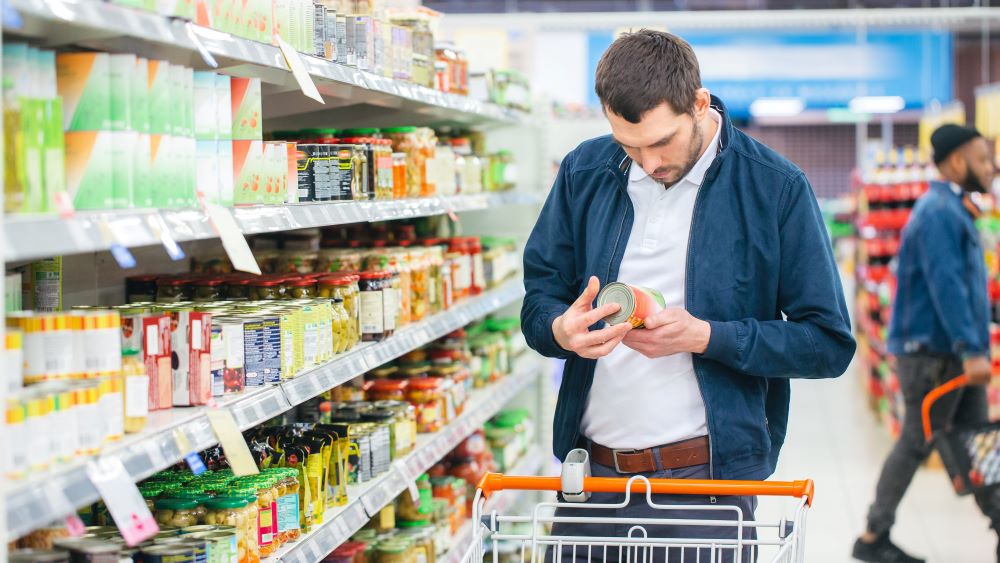
The prime minister’s ‘UK Farm to Fork Summit’ next week (16 May) is set to be ‘all about food inflation’, as the government continues to battle the cost of living crisis.
Rishi Sunak has summoned representatives from the UK’s largest supermarkets, as well figures from the farming and food industries, for face-to-face talks in Downing Street after the British Retail Consortium (BRC) reported the cost of food as being up 17.8% in the past year.
According to the Grocer, stubbornly high food inflation prompted the meeting to be brought forward to 16 May.
“The prime minister is concerned that his forecasts for inflation have slipped with food prices a major driver,” said one supermarket source.
Supply chain resilience
The Times reports that invitations say the meeting will focus on how the government and the entire food industry can work across the supply chain to build resilience and innovation.
Glyn Roberts, president of the Farmers’ Union of Wales said he welcomed the recognition of the importance of food security.
The Food and Drink Federation warned that the government push for “further or more complex regulation with the Windsor Framework” would lead to more price increases.
Market failure
Vicki Hird, head of sustainable farming at Sustain, criticised the summit’s make-up as favouring a small group of private sector food chain representatives when market failure had resulted in “empty shelves and farm businesses going to the wall” over summer.
“Supermarkets and middle men leave our farmers with, in the case of some produce, less than 1% of the profit. So, why is the government putting our food security into the hands of the private sector?” she said.
The BBC reports that supermarkets have responded to criticism that they are profiteering by cutting the prices of basics such as bread and butter.
Inflation was expected to fall below 10% last month, but soaring food prices meant it fell by less than expected, as reported previously by the IOE&IT Daily Update.
New checks
Supermarkets fear that further price rises and shortages could be on the cards due to new Brexit-related administration on EU imports introduced in October, reports the Independent.
The food sector is worried that port authorities are unprepared for the new checks, including health certifications on some animal, plant and food products from the EU.
New fees will also add “hundreds of pounds” to the cost of importing each lorry-load of produce, business leaders warn.
Andrew Opie, the BRC’s director of food and sustainability, said extra costs “are always an issue when we are tackling inflation”, but warned that “the main impact [of checks] could be on availability [of goods] if there is disruption at the ports”.
EU labels
Meanwhile, new labelling rules enacted under the Windsor framework agreement have caused confusion among businessmen, reports First Post.
Milk, butter, meat, fish and vegetables will start carrying a “not for EU” label in both Great Britain and Northern Ireland, the government announced in its latest Brexit plan designed to reduce checks on food moving from Great Britain to Northern Ireland.
Retailers have demanded more details from officials in meetings over the new labelling rules, which start coming into force in October, reports the Telegraph.
Former Conservative Party leader, Sir Iain Duncan Smith demanded the PM ditch the “ridiculous” regulations, which would apply in the UK from Oct 2024.



